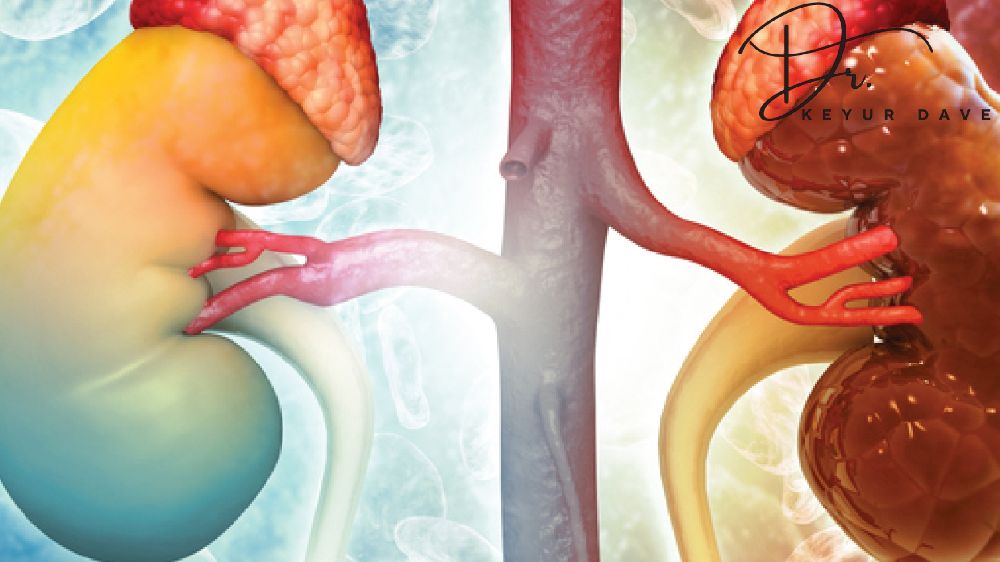
Your kidneys do much more than just remove waste from the body. These small, bean-shaped organs help manage fluid levels, control blood pressure, and regulate red blood cell production. Unfortunately, kidney issues can develop quietly, showing no obvious symptoms until the damage is advanced. That’s why it’s critical to recognize the early red flags of kidney dysfunction.
🩺 Why Spotting Early Symptoms Is Crucial
Conditions like chronic kidney disease (CKD) or sudden kidney injury may begin with very mild or no symptoms at all. If caught early, kidney problems can often be slowed—or even stopped—with simple lifestyle changes, medication, or proper medical care. Early diagnosis could help you avoid dialysis or a transplant later.
🧾 Key Early Signs of Kidney Issues
1. Increased Urination, Especially at Night
Needing to urinate more frequently than usual—particularly at nighttime—can indicate that your kidneys are no longer concentrating urine effectively.
2. Swelling in Legs, Feet, or Face
Kidney dysfunction can lead to excess fluid buildup, causing noticeable puffiness in your lower limbs or even around the eyes.
3. Unusual Fatigue
Feeling overly tired without a clear cause? It may be due to the kidneys failing to produce enough of a hormone that supports red blood cell creation, leading to low energy or anemia.
4. Changes in Urine Appearance
Look out for cloudy, foamy, or reddish urine, which may signal protein leakage or blood—both signs of stressed or damaged kidneys.
5. Persistent Skin Itchiness
Itching that doesn’t go away may be a result of excess waste building up in your bloodstream, something failing kidneys struggle to remove.
6. Difficulty Breathing
When the kidneys can’t remove excess fluid, it can gather in the lungs. Additionally, low red blood cells can limit oxygen flow, both of which can make breathing harder.
7. Loss of Appetite and Nausea
Toxin buildup in the body can interfere with your digestive system, leading to a poor appetite, feeling sick, or even vomiting.
8. Elevated Blood Pressure
Your kidneys regulate blood pressure. When they’re not working right, hypertension may arise—or worsen—and further harm kidney function in a damaging cycle.
📅 When Should You Get Checked?
If you’re experiencing these symptoms—especially if you have risk factors like diabetes, high blood pressure, or a family history of kidney disease—don’t delay. A few simple medical tests like bloodwork (creatinine, GFR) or a urine analysis can reveal whether your kidneys are functioning properly.
🧠 Final Thoughts
Kidney disease doesn’t always shout—it whispers. That’s why paying attention to the subtle symptoms is key. Early action can lead to better outcomes, helping you maintain kidney health and overall well-being. If anything feels off, trust your instincts and consult a doctor early.

.png)
